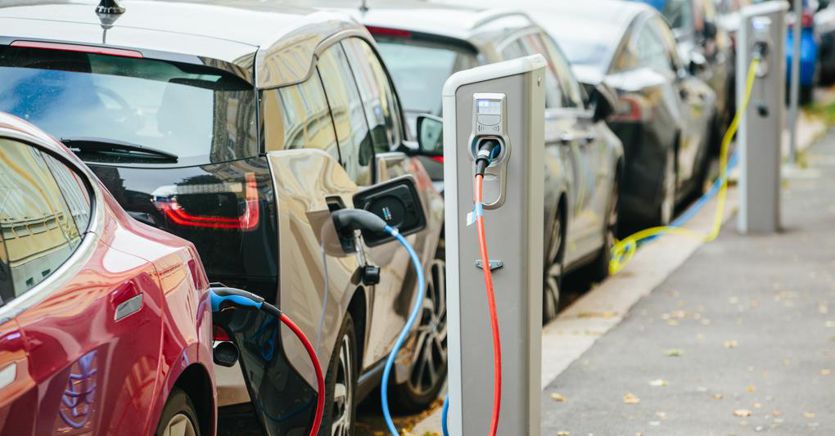A cross-section of the Italian supply chain struggling with the most radical transition ever, that towards electric mobility. Which highlights the positioning of the various companies and, above all, the needs to which industrial policy is called upon to respond. The survey was carried out by the University of Ferrara in collaboration with Anfia, Anie, Ancma and Motus-E. The study reveals a transition “matrix” that identifies four prevalent types of companies. 16% of the companies in the sample are in an advanced transition phase, and electricity remains a marginal business for one out of three companies in the related industries.
The four groups
In the industrial fabric “the transition of the supply chain from traditional mobility to electric mobility is already a reality” underlines the study coordinated by Giorgio Prodi. Compared to the sample studied by the working group – 122 companies, 70% of which replied to the questionnaire on transition – for 16% of the companies operating in the traditional mobility chain, electricity is already a significant business. These include car and motorcycle assemblers. For 30% of the sample, especially among traditional mechanical components, the electrical sector is still a marginal sector.
The other two groups identified look to companies that are in fact extraneous to traditional mobility. In the first group, 13% of companies have their core in the electrical sector and are in the advanced transition phase (new assemblers). In the last group – 12% – the electricity business remains marginal, mainly suppliers of electrical or electronic components. From a statistical point of view, 29% of the sample that does not belong to any of the four types closes the circle.
Research, development and training
The study shows that R&D activities, alongside training, represent the fundamental factors for the transition of the supply chain. In this direction, therefore, industrial policy measures should be concentrated in support of the transformation of the Italian automotive supply chains. In light of the fact that “the transition requires not only greater volumes of R&D, but also new ways of conducting business“.
According to the interviewees, the electrification of the supply chain and the collaboration with companies previously unrelated to the mobility sector has introduced significant innovations in the projects, extended collaboration networks, requiring new skills and drastically shortening development and prototyping times. The survey shows that the companies that work most on Research & Development are the most advanced in the transition and that in over 63% of cases it is the customers – suppliers in 48% of the answers – who represent the partners of the projects.
